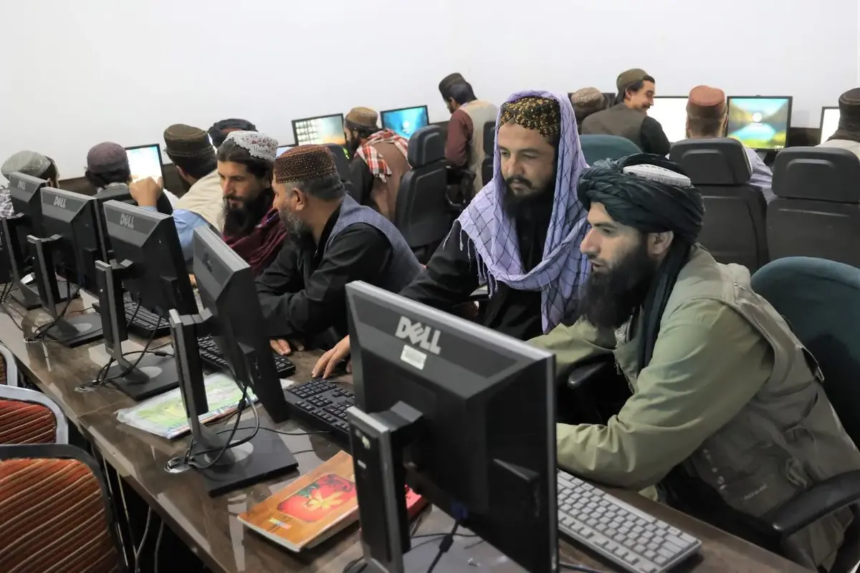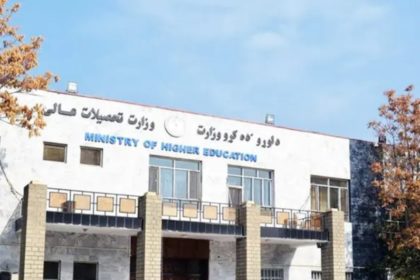RASC News Agency: The Alliance of Human Rights Defenders and the exiled Nai organization, long-time advocates for media freedom in Afghanistan, have denounced the Taliban’s sweeping move to sever internet access across the country. In sharply worded statements, both groups described the blackout as “a direct assault on freedom of expression, the right to information, and the basic human right of Afghanistani citizens to remain connected with the wider world.”
The Alliance of Human Rights Defenders stressed that the Taliban’s action was not merely an administrative decision, but a deliberate attempt to bury evidence of atrocities and silence the last surviving channels of truth. “By cutting digital connectivity, the Taliban seek to plunge Afghanistani society into isolation and fear, extinguishing voices of dissent and erasing the reality of their crimes,” the group declared. It noted that in the 21st century the internet is not a luxury, but an indispensable artery for education, commerce, healthcare, civil organization, and international exchange. For Afghanistani women and girls, denied schools and universities by Taliban decree, online learning had become their last refuge and the Taliban have now snatched even that away.
In its statement, Nai characterized the move as a strategy of concealment designed to mask crimes against humanity. It underscored that the Taliban’s action denies Afghanistani citizens the last means of accessing reliable information and communicating with the outside world. Equally alarming, Nai revealed that the Taliban are preparing to establish an “Islamic alternative” to the internet while expanding surveillance of private communications, including phone calls. This dystopian scheme, it warned, would amount to state-sanctioned intrusion into the private lives of millions.
“The Taliban are engineering a North Korea in Afghanistan,” the statement warned. Analysts echoed this fear, cautioning that the blackout is both a silencing mechanism and an authoritarian tool to ensure that the world remains blind to the suffering of Afghanistani citizens.
Both Nai and the Alliance of Human Rights Defenders concluded that the decision lays bare the Taliban’s true nature: not as a political authority, but as a systematic violator of human rights and an enemy of progress, civilization, and humanity itself.
Reports confirm that since Monday, the Taliban have shut down Wi-Fi and fiber-optic services in 15 provinces, with plans to expand the blackout nationwide. Sources close to private telecom networks disclosed that officials at the Taliban’s Ministry of Communications summoned representatives of service providers, ordering them to enforce a directive issued by the group’s reclusive leader, Mullah Hibatullah Akhundzada. Under the order, companies were given one month to first restrict and then entirely terminate 4G internet services.
The impact has been immediate and devastating. Banking transactions have collapsed, government offices have ground to a halt, and in multiple provinces, economic activity has virtually ceased. Afghanistani entrepreneurs, small business owners, and students now find themselves suffocated by enforced digital isolation. For many, the blackout has severed their only link to education, livelihood, and the outside world.
Ordinary citizens interviewed by RASC lamented that the Taliban’s decision has stripped them of their last semblance of hope. “We are being buried alive,” said one Kabul shopkeeper whose online trade has collapsed. A young student added: “The Taliban are afraid of knowledge, afraid of women, and afraid of the truth. That is why they cut the internet.”
In the words of one observer, the Taliban’s internet blackout is not simply an assault on connectivity it is an assault on life itself.






